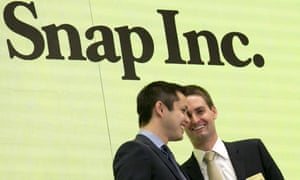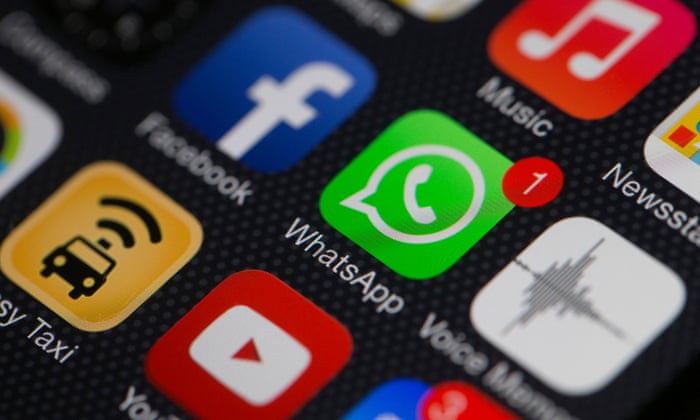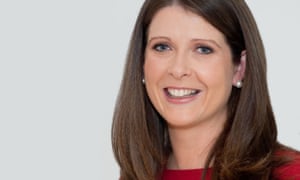
This article is about how a teenage blogger from Singapore whose online posts blasting his government landed in him jail has been granted asylum to remain in the United States. Amos Yee, aged 18, left Singapore with the intention of seeking asylum in the US after being jailed for several weeks in 2015 and 2016. He was accused of hurting the religious feelings of Muslims and Christians; Yee is an atheist. However, many of his blog and social media posts criticized Singapore’s leaders. He created controversy in 2015 as the city-state was mourning the death of its first prime minister and he posted an expletive-laden video about prime minister Lee Kuan Yew just after his death. In addition, Yee said in a phone interview from jail this month that he feared returning to Singapore. But he said he would continue to speak out and had already planned a line of T-shirts and started writing a book about his experiences. “I have an infinite amount of ideas of what to do,” he said.
- It was unclear whether they had appealed the decision or if Yee would have to remain imprisoned if they did. Attorneys have 30 days to appeal.
- “Singapore excels at creating a pressure cooker environment for dissidents and free thinkers who dare challenge the political, economic and social diktats from the ruling People’s Action Party. It’s clear the Singapore government saw Amos Yee as the proverbial nail sticking up that had to be hammered down.”
- Yee left Singapore with the intention of seeking asylum in the US after being jailed for several weeks in 2015 and 2016.
In my opinion, I believe that Such open criticism of political leaders is discouraged in Singapore. The case, which raised questions about free speech and censorship, has been closely watched abroad. The only people to blame for this is the government; if the internet is there to give the users the freedom of posting whatever they wish to, then there shouldn't be any problems with the things they may wish to post. Therefore, I believe that what the government did to this 18 year old blogger is wrong and shouldn't have sent him to prison as it could've affected them personally.









